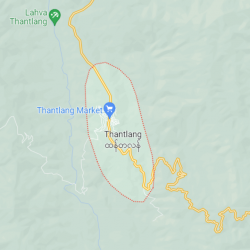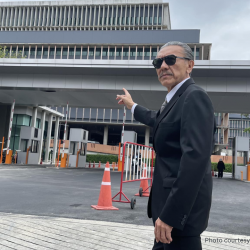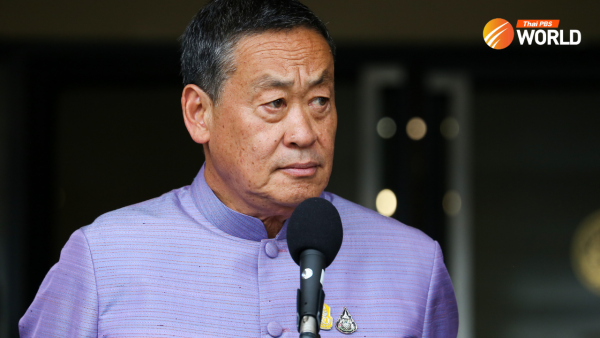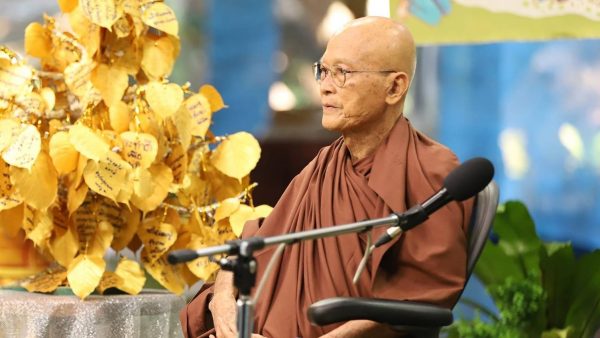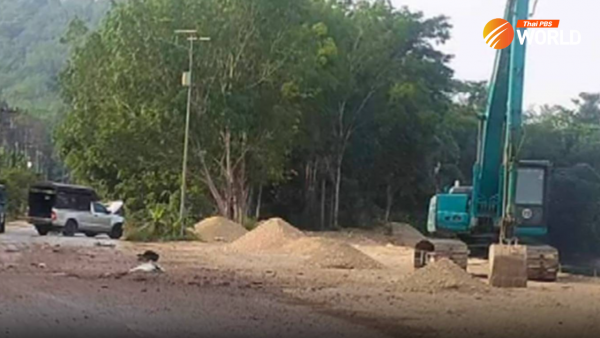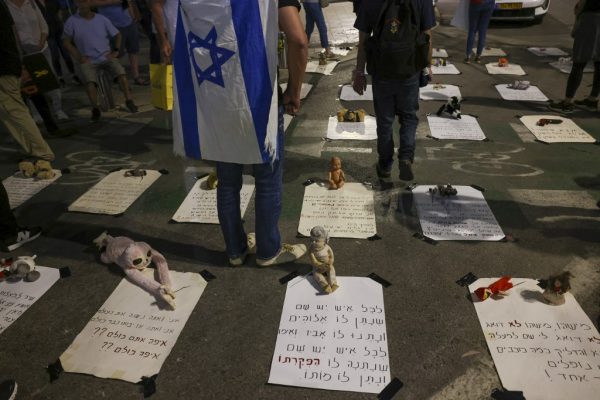OPINION: Thai Army thinks it has a monopoly on Patani’s history

Irritated by the fact that local history in Thailand’s Malay-speaking South embraces a very different version from that of the Thai State, the Fourth Army Area commander, Lt. General Santi Sakuntanark, thinks they have the solution to the problem.
A 22-member committee of senior military and police officers has been set up to investigate efforts by local activists accused of distorting Thai history. Evidence collected could be used against them in court.
The Army is trying to prevent a repeat of last year’s post-Ramadan gathering of thousands of Malay youth in Pattani’s Sai Buri district, during which they reaffirmed their commitment to their identity, culture and way of life to cope with this fast-changing world and Thailand’s policy of assimilation, which tries to turn the Malays of Patani into something they are not.
Harassment and intimidation against local civil society organisations in the Patani region are nothing new but, with this committee being set up, a new threshold is being crossed.
Besides the post-Ramadan gathering, there is also the Patani Colonial Territory, a board game that take players on a journey of Siam-Patani relations, focusing on events deemed controversial by Thai authorities because it doesn’t fit into the state-constructed narrative.
No formal charges have been filed, but the police recently disrupted a gathering at a local coffee shop where the board game was played.
One of the game’s designers, Arifin Soh, the former president of the now-defunct PerMAS, or The Federation of Patani Students and Youth, said people here want to know their history and the game helped provide a glimpse of Siam-Patani relations, which are characterised by conflict, occupation, slavery and a struggle for independence.
Patani became a vassal state of Siam following the defeat of its Sultanate in 1786. Prior to the invasion, Patani was ruled by four successive queens, who reigned during its golden age.
Thais wrongly assume that Malays of Patani hate them, because of the refusal to embrace Thai national identity. I would argue that the Malays, in this historically contested region, admire the Thais, their style, their fashion, how they embrace modernity and so on, but we are not going to give up one identity for another. For the Malays, identity and religion are two sides of the same coin. To change one is to change the other.
To be fair to Thailand, the kingdom’s nation-state construct is a success story. The vast majority of people who live within its political border embrace “Thainess”, or “kwam pen Thai”. Others have succeeded in negotiating their space in the country’s nation-state construct. In other words, regionalism in Thailand can coexist with the state-construct narrative, as long as there is mutual respect.
When soldiers and law enforcement declared themselves the champion of Thai nationalism, however, space for frank and honest discussion quickly disappear.
The Muslim Attorney Centre’s Abdul-kohar Awae-puteh said Thailand’s long-standing policy of assimilation has been around since the time of Field Marshall Pibulsongkram.
“Although the policy didn’t work with the Malays of Patani, successive governments stubbornly continued to cling on to it,” Abdul-kohar said. “Laws should not be passed to control people’s political leaning or ideologies. It will only make matters worse if the state agencies employ legal means to quell something as abstract as political will and ideologies,” Abdul-kohar added.
The tactic employed by the military and law enforcement is known as the Strategic Lawsuit Against Public Participation, or SLAPP. Lt. General Santi needs to understand that such a tactic only pushes people away from the state and undermines the already fragile peace process, which is seeking support from the local people.
It’s useless and meaningless to use legal means to suppress one’s personal beliefs and ideologies. Security-related legal cases are political in nature. If Thais want to change people’s attitude, they need to start with examining their own policy.
Winning hearts and minds of the local population is basic counter insurgency strategy. This shouldn’t be too hard for anybody to understand, including the Thai Army generals.
The current wave of insurgency emerged 18 years ago. The end is still nowhere in sight but, instead of trying to understand the root causes of this conflict, these Thai generals would rather remind the Patani Malays that they are a defeated people.
Hasan Yamadibu, from the Bunga Raya Group, one of the organisers of the post-Ramadan gathering in Sai Buri last year, said authorities must come to terms with the fact that the Malays of Patani have their own history, culture and identity which are different from those of the Thai State and society.
“Melayu are people with dignity, with the same rights as Thai citizens in other regions. The authorities can start by respecting the identity of the people here and the narrative that they embrace,” Hasan said.
Academic research, conducted by Asst. Prof. Mark Tamthai, former chief negotiator for Thailand for the conflict in the far South during the Abhisit Vejjajiva’s government, argued that the Malays of Patani see independence as a sacred value, in the same manner as Catalonians, Palestinians and people in Okinawa. These people will not compromise when it comes to the cultural and historical narrative of their homeland.
Looking at the Patani conflict from a philosophical perspective can help the authorities in many ways, particularly when the outcome requires a political solution. At the least, it can change the nature of the engagement, from confrontation to constructive debate.
This is not to say, however, that those who took up arms are extremists who have been misled by distorted history and have embraced wrong Islam, as the authorities would like the public to believe. In the eyes of the Malays of Patani, these combatants are people who made the ultimate sacrifice.
The government wants these people to give up their armed struggle in exchange for coming home, but local people in Patani see the government’s “Bring People Home” project as undignified, as it requires them to recant publicly their separatist ideology. No wonder these insurgents would rather fight to death than surrender in these lop-sided standoffs, although their chances of getting out alive were very slim.
The setting up of this 22-member committee, to investigate local activists accused of distorting Thai history, reflects poorly on Thailand’s commitment to the current peace process. The climate of fear does nothing to help make the atmosphere conducive for peace.
The Yingluck Shinawatra and successive governments have stated repeatedly that they want to bring about a political solution to the Patani conflict, but a “political solution” are nice and catchy words, nothing more.
State agencies don’t want to understand that the reason why Melayu take up arms has to do with its own legitimacy. The Thai officials wrongly assume that they could repeat the success with the Communist Party of Thailand and do the same with the Malays in the far South.
One glaring difference is that the Thai Communists are Thai people and what they wanted was to topple the state. Melayu combatants, on the other hand, just want their homeland back. Instead, the government fools itself by telling people that the conflict is rooted in poverty and the solution is development. The problem with this approach is that lies have a way of coming back to haunt you.
By Asmadee Bueheng

